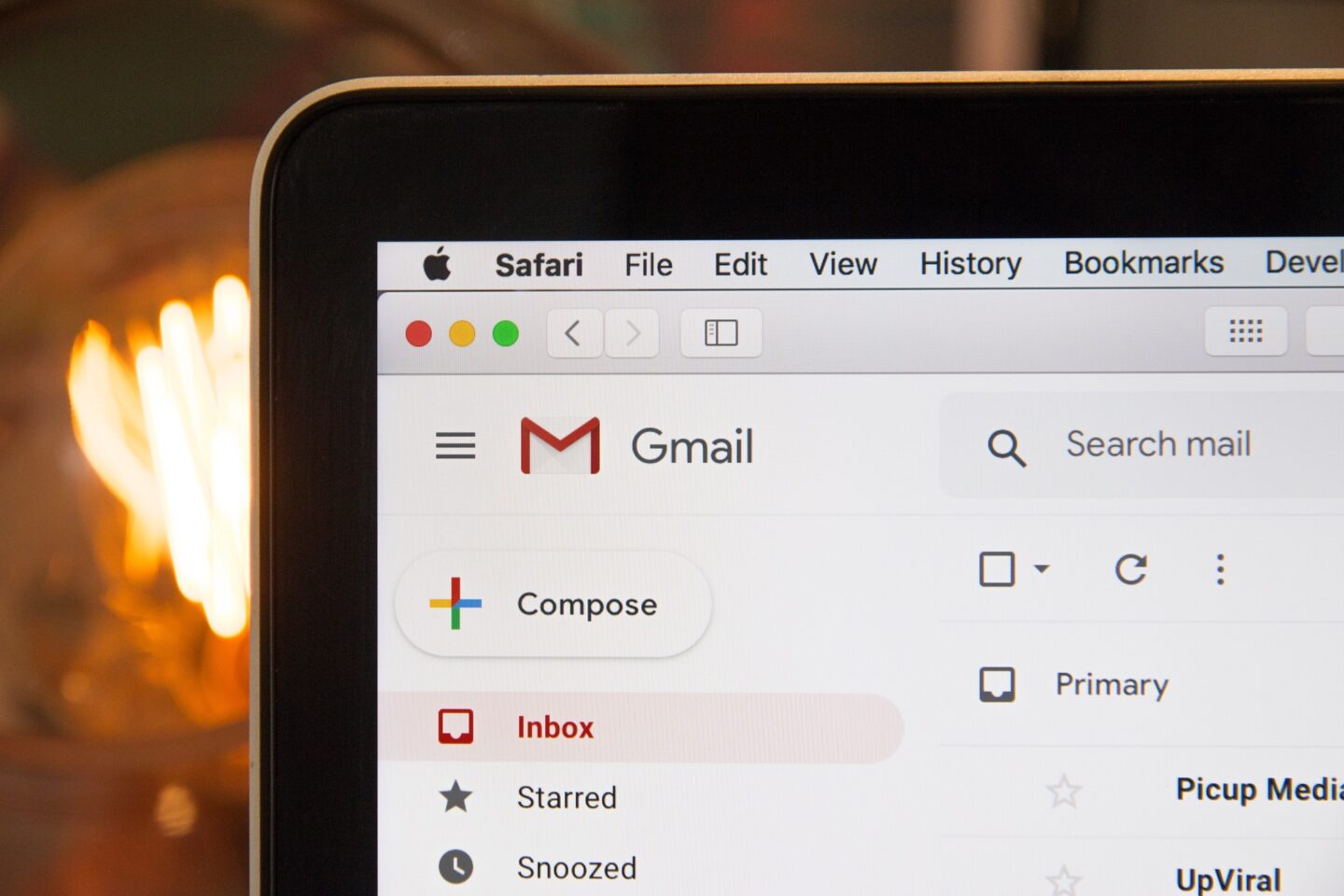I’ve been on your back in regards to owning your words for quite sometime, advocating quitting social media, and outlining how I aim to tread that not at all uncomplicated road.
But what about email?
(more…)ℹ️ This is an archived legacy site for link purposes only.

I’ve been on your back in regards to owning your words for quite sometime, advocating quitting social media, and outlining how I aim to tread that not at all uncomplicated road.
But what about email?
(more…)Basecamp’s hyped email service Hey, which is invite-only and costs at least $99/year (because shorter messages carry a premium price), has a very manifesto-like website. Check it out.
Now, if you – like me – are pissed off about not getting an invite yet, there’s always Bye instead. Bye takes a slightly different approach:
Hey everyone—
It’s 2020 and we need to talk about email.
Fuck it.
Bye is the first email service to automatically respond with an insult, and then delete every email sent to you.
Bye is our erotic letter to email, and we’re sending it to you on the Web, Mac, Windows, Linux, iOS, McDonald’s kiosks and Android.
I love things like this. Hat-tip to my buddy Alexander for sharing this gem with me.
Basecamp is doing something with email, called HEY. They have a glorious domain name for it too, hey.com. I’m intrigued, because although I’m not an active Basecamp user at the moment, I have been, and they’re doing a lot of things right.
So I sent them an email, as requested.
(more…)Speaking of security and hacks, Moxie Marlinspike pretty much nails the problem with GPG:
Looking forward, however, I think of GPG as a glorious experiment that has run its course. The journalists who depend on it struggle with it and often mess up (“I send you the private key to communicate privately, right?”), the activists who use it do so relatively sparingly (“wait, this thing wants my finger print?”), and no other sane person is willing to use it by default. Even the projects that attempt to use it as a dependency struggle.
This is true for PGP too.
(GPG is for encrypting email using keys, basically an open alternative to PGP. All email should be encrypted, but in reality, it’s just too much of a hassle for most people, me included.)

In early 2013, I wrote a (surprisingly popular) piece called Fastmail failed, because they did, they really did. The post details my experience with Fastmail, which I wanted to use to replace Google Apps. In the end, I had to go back to Google Apps.
I’m back with Fastmail, and have been for quite some time. I even moved the Odd Alice email hosting to a Fastmail business setup last year. I’ve been meaning to write about this, but for some reason I haven’t. Email isn’t very exciting, I guess. Every now and then I get an email about Fastmail, so I guess I should set the record straight.
Robert Nyman, of Mozilla fame, shares his thoughts on email. I don’t share his method these days, but stay on top of email without much effort nonetheless. This part struck me as true:
Many people complain that e-mail is broken, but I think it’s a great communication form. I can deal with it when I feel I have the time and can get back to people when it suits me. If I need to concentrate on something else, I won’t let it interrupt my flow – just have notifications off/e-mail closed/don’t read it, and then get to it while you can.

I wanted to leave Google Apps behind, so I decided to give Fastmail a chance. Why, you might ask? Well, I can’t say I’m comfortable with Google these days, with them reading all my email and serving ads based on email content, as well as the overall notion that the company has their tentacles in every major online market. And then some.
Quitting Google Apps, or Google’s email services really, has been on my todo list for years. The problem is there seem to be very few true alternatives.
The Opera owned email service Fastmail came heavily recommended, so I thought that this might actually be worth a shot. I quit Google Apps cold turkey, pointing everything to a trial account at Fastmail, supplied my credit card information so that they could charge me at their leisure, and got started with the service.
Great news in my inbox this morning:
Greetings,
I am sorry to contact you through this medium without your consent or prior notice. I am Linda Morgan, am Female American Military Medical Doctor Serving in Afghanistan presently , I am here to negotiate with you on a possible transfer of $4.5 Million to you for safe -keeps and Investments. Kindly contact me via my personal email address: ([email protected]) for more details.
I will be waiting.
Thanks
{Sgt Linda Morgan}
I can’t believe this shit still works, because it obviously does, otherwise this kind of thing would be something else today. I’m also a bit apalled by the fact that Google let it slide through the spam filter.

I’ve had the iPad since the US wifi launch. I bought the 3G version when it came out, and I upgraded to the iPad 2 with 3G at launch. When Apple releases iPad 3 I’ll get that too. In the short lifespan of the iPad it has gone from web browser to reading device to an actual tool.
Or to put it more plainly, the iPad is by far the most used device, for both work and pleasure.
So what do I really use it for, and how well is it working out compared to the almost always more fully fledged Mac alternatives? (more…)